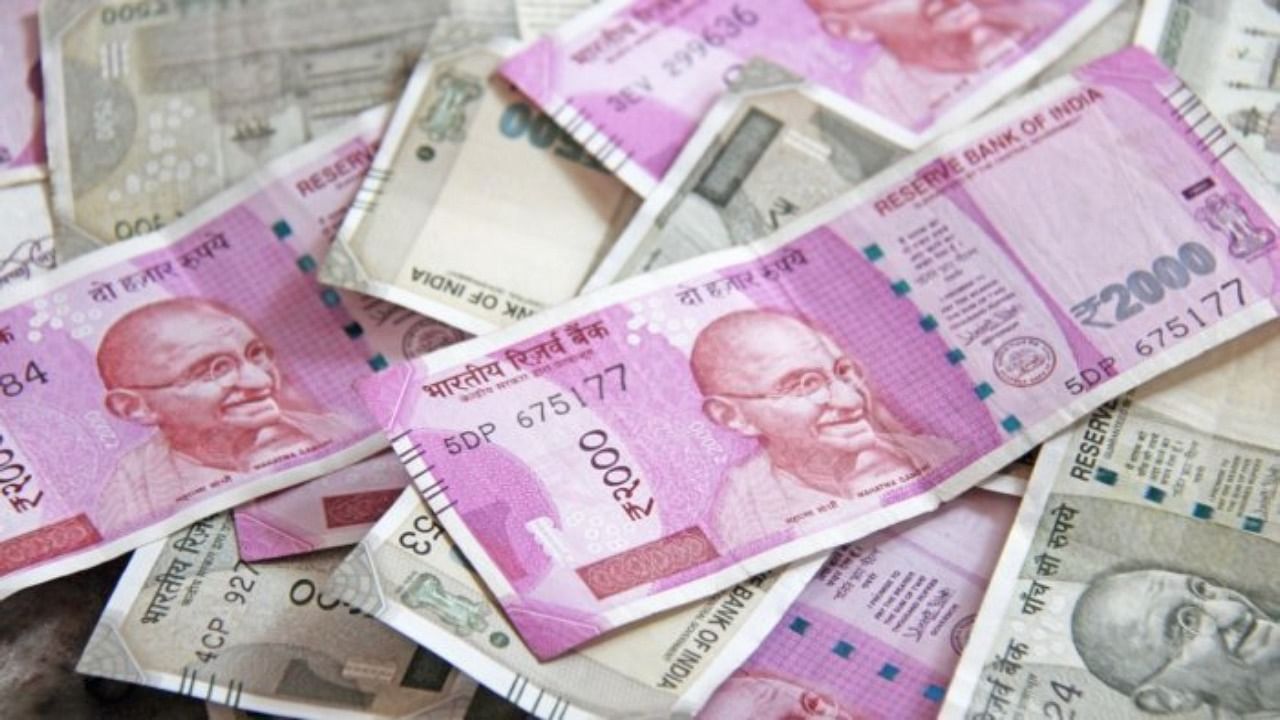
Taxes on residential properties and industries in rural areas are likely to go up, with the government notifying a new set of rules that prescribe a standard method to levy them based on the guidance value.
The Karnataka Gram Swaraj & Panchayat Raj (Gram Panchayat Taxes, Rates and Fees) Rules were notified on March 31 with an aim to bring in "uniformity" and broaden the tax net.
Under the new rules, the taxation methodology is the 'capital value system'. The capital value of a property is calculated based on the prevailing guidance value, which is bound to increase the rate of tax. And since gram panchayats are required to follow the rules, taxes will be levied as prescribed.
The rules also introduce new fees. For example, a monthly water supply fee starting from Rs 80 for up to 10 kilolitre and a one-time fee of Rs 2,000 for tap water connection for residential use. Fees for poultry and agro-based industries have also been introduced as they were escaping the tax net earlier.
“For the first time in 30 years, we have formulated comprehensive tax rules,” Rural Development & Panchayat Raj (RDPR) Additional Chief Secretary LK Atheeq said.
“Earlier, there was no uniformity. Gram panchayats were levying tax as they liked. We’ve brought in standardisation from the point of view of financial autonomy of the gram panchayats.”
Atheeq said the government will introduce a system that will make tax payments seamless. “We are working on a system in which the tax payable will be calculated automatically once a property number or ID is entered," he said.
The draft rules received several objections from industries as they feared their tax liability would go up. Their fears have come true.
The rules prescribe levying taxes on industries under three categories: 0.40 per cent of the building value for small industries, 0.50 per cent of the building value on medium industries and 0.60 per cent of the building value on large industries.
“Our problem is that the government has decided to apply guidance value while determining tax rates,” said MG Rajagopal, former general secretary of the Karnataka Small Scale Industries Association (KASSIA). “Earlier, the tax rate was calculated only on the value of the building,” he said, adding that tax rates will keep changing due to fluctuating guidance values.
Industries are also wary of provisions that empower the panchayats to issue notices in case of tax defaults. “This may lead to harassment when there’s already enough interference from the panchayats,” Rajagopal said.
Watch the latest DH Videos here:
